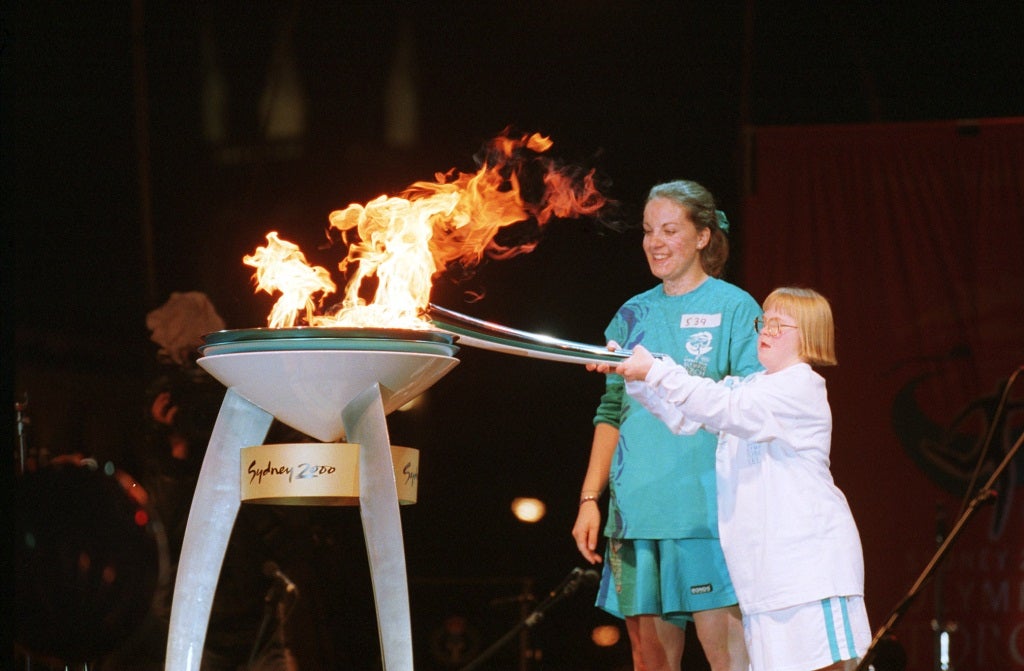Would I want my daughter 'cured'? Of course I would
A campaigner responds to Dominic Lawson's column earlier this week

Your child has a “syndrome” that means she is unable to do anything for herself. She can’t walk, talk or use her hands. She has seizures and anxiety attacks and a curved spine and a feeding tube. Yet her spirit and personality shine through. Would you want her to be “cured”, or would you see her condition as an intrinsic part of the person she is and the child you love?
Responding to news of a breakthrough by US researchers into Down’s Syndrome, Dominic Lawson – the parent of a child with that condition – made a convincing case in these pages this week for accepting a child with a disability, and not chasing the dream of a treatment or cure – indeed, not even dreaming of it. But there’s an important distinction to be made between accepting a person, and their place in the world, and their right to the best of everything we can give them – and accepting a condition that robs them of the ability to live comfortably in their bodies and to communicate their thoughts.
When I first heard that Rett syndrome, the devastating neurological condition my five-year-old daughter lives with, had been reversed by scientists working in the lab, it seemed almost unbelievable. We love her, but we hate the condition that limits her. And make no mistake: children like my daughter are not limited just by the world they live in.
Even if society, overnight, became fully accepting of disability, even if all the barriers that stand in the way of disabled children being fully integrated were to be miraculously eradicated, living with a condition like Rett syndrome would still be worse than living an unimpaired life.
We need to think clearly about what our children’s lives are like and see things from their perspective. We might love and accept them just the way they are, but wouldn’t they prefer to be able to do more, to communicate their needs, to not be “different”? My daughter wants to be better: I can see it every time she gets a chance to do more with her body and to make herself understood.
Our priority is to do everything we can to make the world a good place for her – but we also want to “unlock” her. My daughter’s condition is caused by a single faulty gene. Reversing this – using the knowledge gained in the lab to develop an effective treatment, maybe even a complete cure – is a mission for the dedicated scientists who have made it their life’s work. They are supported by parents who believe in their children and believe in the power of science. Simple “acceptance” isn’t enough.
My daughter is the unique and special person she is in spite of her disability, not because of it. Do I love her the way she is? Unquestionably. Do I want her to be cured? More than anything in the world.

Join our commenting forum
Join thought-provoking conversations, follow other Independent readers and see their replies